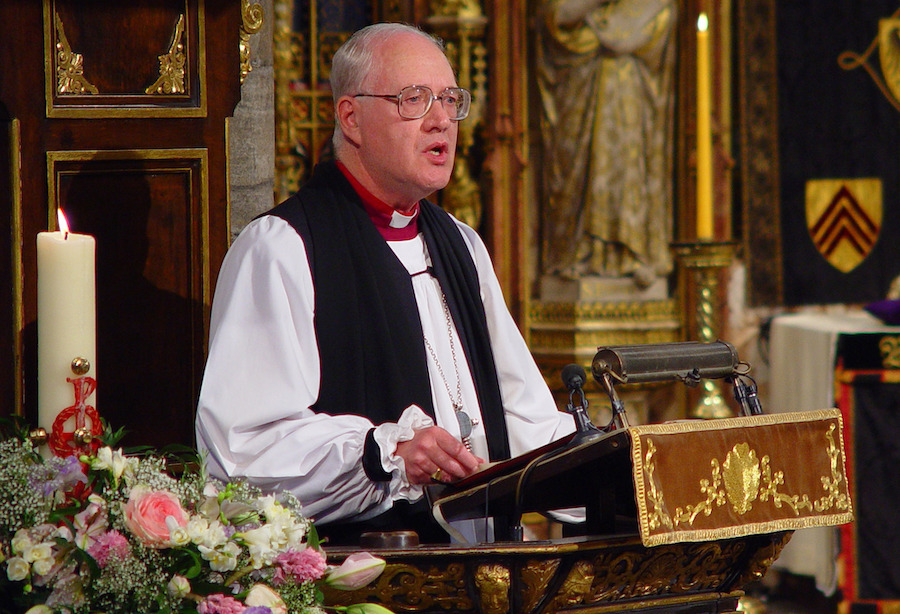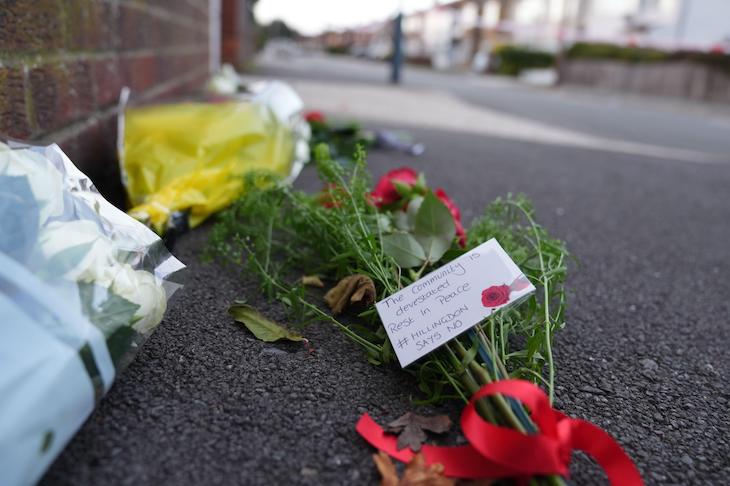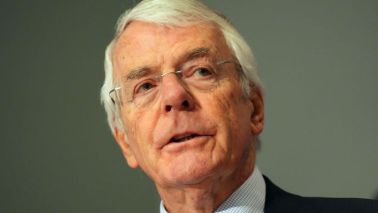There are many grey areas in this safeguarding saga. So it is nice when some black and white emerges. It is surely impossible for anyone to doubt the culpability of George Carey, the former Archbishop of Canterbury, who resigned his priestly orders yesterday.
First, the grey areas. It is difficult to say whether a bishop or archbishop should resign for failing to ensure that there are no dodgy priests operating in his or her diocese. On paper, a bishop should ensure that none of the priests whom he or she oversees are dodgy, and remove any who are. But bishops cannot simply fire priests, even if they have severe doubts about them.
Stephen Cottrell, while bishop of Chelmsford, knew the priest David Tudor, accused of historic sexual abuse, but felt that he was powerless to act against him until fresh complaints were made in 2019. In theory, he should have thrown out the rulebook and ensured the priest’s exclusion before then. This would have taken a lot of effort and nerve and it is difficult for us distant onlookers to say whether this would have been the best use of his time. But in retrospect he should have done it. That bishop’s crook, shaped for the hooking of sheep, should occasionally be brandished against wolves.
Perhaps what should have happened is this. People who knew about Tudor’s past should have told his parishioners about it. If these parishioners had known what he was alleged to have done, they would surely have stopped turning up for his sermons. Instead, people were too trusting that the Church was capable of handling the situation, through its formal legal processes. In reality, the formal legal processes of the Church protected Tudor. They should have been by-passed by a sort of common-sense sharing of information. Of course, Tudor would have called this a smear-campaign and a witch-hunt – but sometimes that is how justice is done. A cunning bishop (we are meant to be cunning as serpents) should have ensured that this occurred.
Now for the black and white. It was thanks to George Carey that David Tudor had a job in the diocese of Chelmsford. As Archbishop of Canterbury, Carey allowed David Tudor to resume his career as a parish priest after his imprisonment for the sexual abuse of schoolgirls. His conviction was overturned, but no one who knew of the case could have been in any doubt that he was unfit to be a priest. Carey admitted that the decision was taken with ‘some trepidation’. He also agreed to remove Tudor’s name from the central list of clergy who had been subject to disciplinary action.
What was he thinking? He presumably knew Tudor personally. And he presumably had a high opinion of his charismatic preaching style, which had wowed his parishioners, and the parents at the church school in Surrey, in the 80s, where his abuse took place. Carey surely felt that the revival of the Church of England needed daring leaders, even if they defy the judgement of the secular world. He took a risk. It felt brave, but it was foolish, and negligent of the recent suffering of teenage girls, and the possibility of further such offences. Shame on him.








Comments